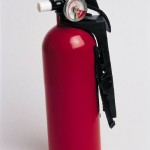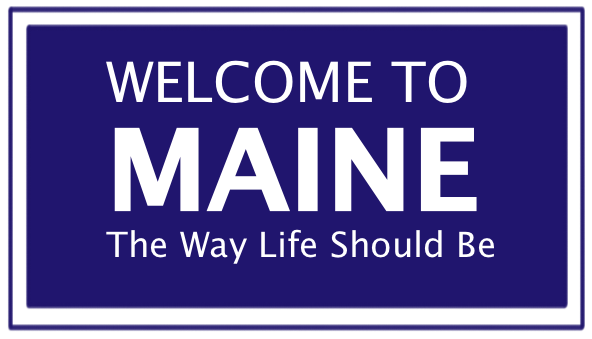Do You Pay Too Much for Car Insurance?
Are you getting the auto insurance discounts you deserve? How much does your neighbor pay? It’s not a common topic of friendly conversation, and there are so many factors at play, it’s hard to know.
Maine auto insurance rates are the lowest in the country, averaging $902 (Louisiana is the highest at $2,511). Of course those rates vary depending upon a lot of factors. Even with our comparatively low insurance rates, some Mainers pay many times the average.
Traditional Factors Influencing Car Insurance Costs
- Type, age and value of your vehicles.
- Where you live and drive.
- How you use the vehicles (pleasure, commute, business use).
- Age and driving record of people who drive your vehicles (teenage drivers’ insurance rates are the highest).
- What deductibles and liability limits you choose.
Those factors probably have about a 75% impact on your insurance rates, but other, newer factors can make the difference between getting a fair deal on your insurance and a great one.
To Get the Best Price on Auto Insurance:
- Have an excellent insurance score (similar to a credit score – this can lower your premium by as much as 25%).
- Own a home.
- Combine your Maine Homeowners and Auto insurance with the same company.
- Maintain your insurance without lapse. Lapses cost dearly.
- Insure all your vehicles on the same policy.
- Do business with a local Maine Independent Agent, who represents more than one company, and can shop to find the best deal for you.
Many other car insurance discounts may be available. Your agent, can ask you the right questions to make sure you get all the credit you deserve. Contact Noyes Hall & Allen Insurance at 207-799-5541 for a Maine auto insurance quote or get up to 4 comparison online car insurance quotes from our Quick Quote page.



